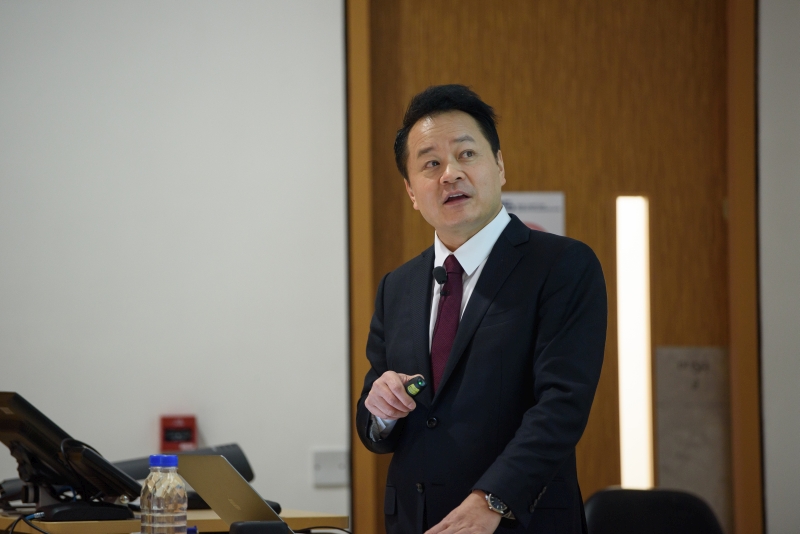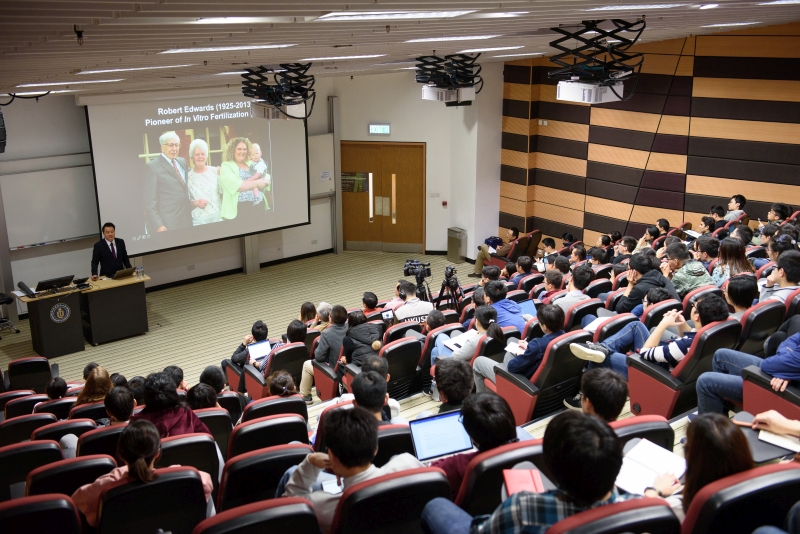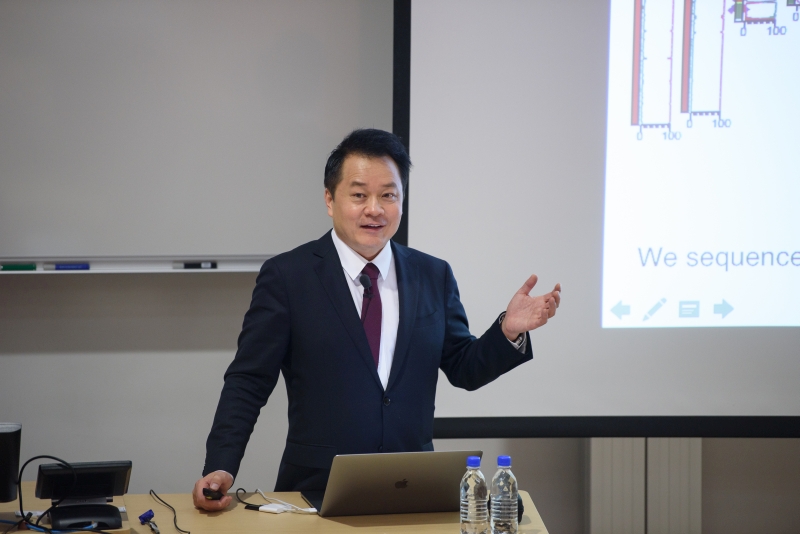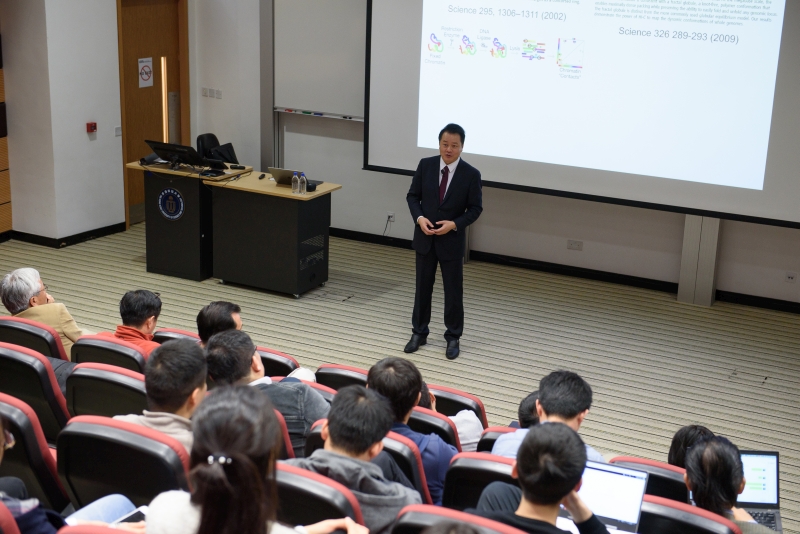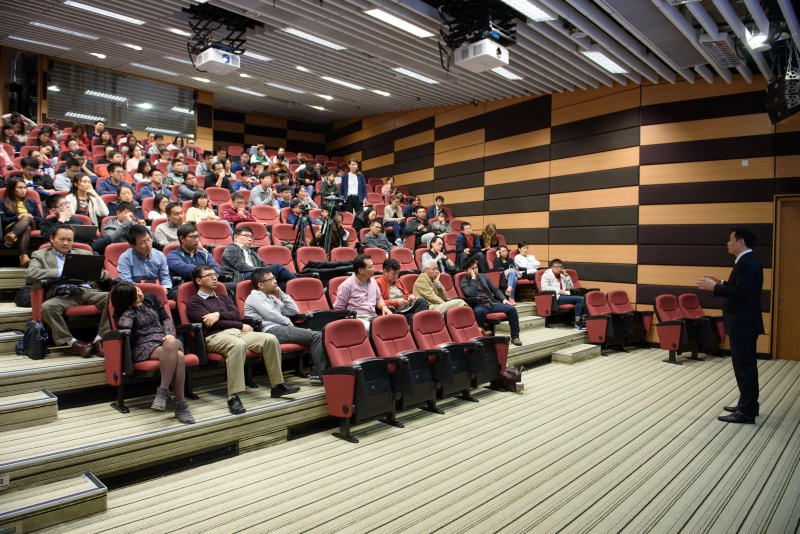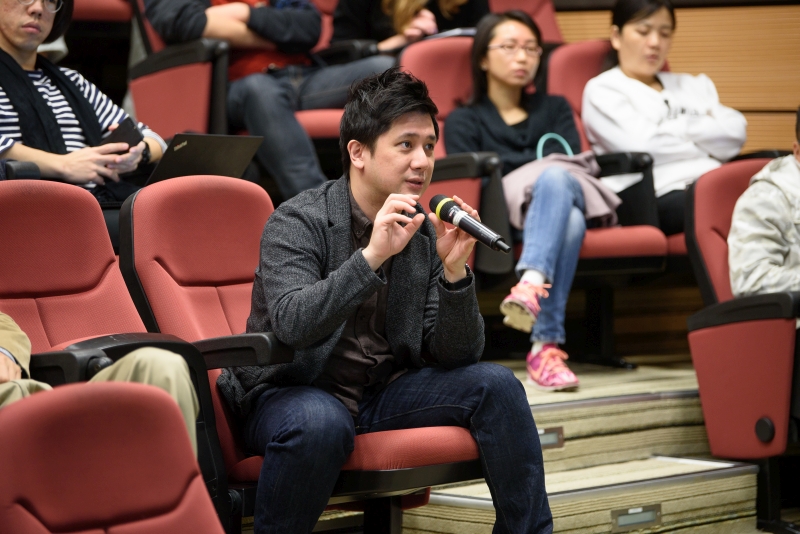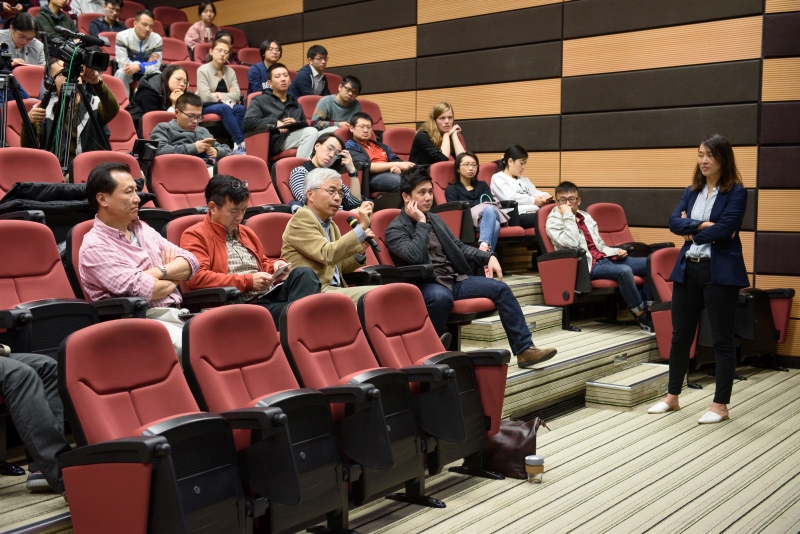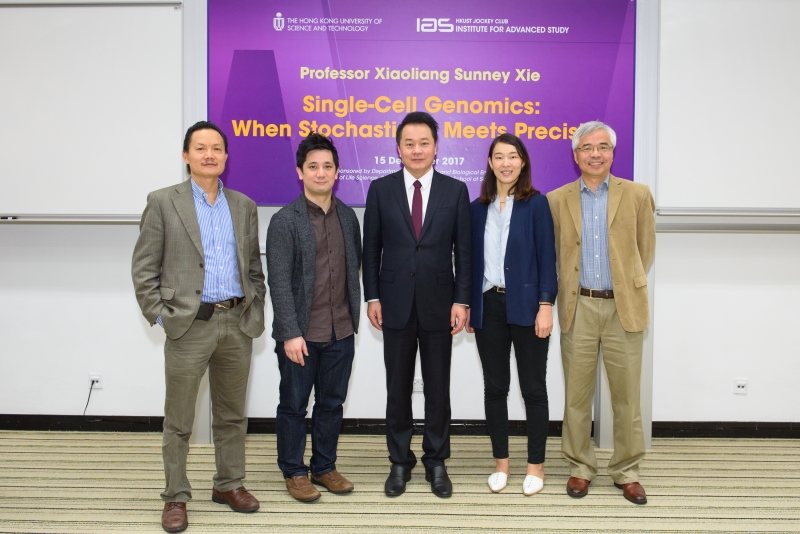Single-Cell Genomics: When Stochasticity Meets Precision
Abstract
DNA exists as single molecules in individual cells. Consequently, gene expression is stochastic. The scientists have recently developed a method for single cell transcriptome with high detection efficiency and accuracy, revealing intrinsic correlations among different genes, which have previously been masked within the stochastic noise. For a particular human cell type, it is able to extract ~120 transcriptionally correlated modules acting from the stochastic gene expression data of ~700 individual cells under a non-equilibrium steady state condition. The fact that there are 46 different individual DNA molecules (chromosomes) in a human cell dictates that genomic variations occur stochastically and cannot be synchronized among individual cells. Probing such genomic variations requires single-cell and single-molecule measurements. However, existing whole-genome amplification (WGA) methods are limited by low accuracy of copy-number variation (CNV) detection and low amplification fidelity. The speaker and his research group have developed a transposase-based method for single cell whole genome amplification, which has superseded previous methods. With the improved genome coverage, a high resolution single cell chromatin conformation capture method was developed, which allows for the first 3D genome map of a human diploid cell. In this lecture, applications and implications to biology and medicine of these new approaches will be discussed.
About the speaker
Prof Xiaoliang Sunney Xie received his PhD in Chemistry from the University of California, San Diego in 1990. He joined the Pacific Northwest National Laboratory as a Senior Research Scientist in 1992, before he moved to Harvard University in 1999, where he is the Mallinckrodt Professor of Chemistry and Chemical Biology.
Prof. Xie’s research focuses on the emergence of the field of single-molecule biophysical chemistry and its application to biology. He and his research team also pioneered the development of coherent Raman scattering microscopy and single cell whole genome sequencing.
Prof. Xie received numerous awards, including the Ray Wu Award by Chinese Biological Investigators Society (2016), the Peter Debye Award in Physical Chemistry by the American Chemical Society (2015), the US National Institutes of Health (NIH) Director’s Pioneer Awards (2015 & 2004), the Founders Award by the Biophysical Society (2012), and the Ernest Orlando Lawrence Award by the US Department of Energy (2009). He is also a Fellow of the American Academy of Arts and Sciences and a Member of the US National Academy of Sciences.

